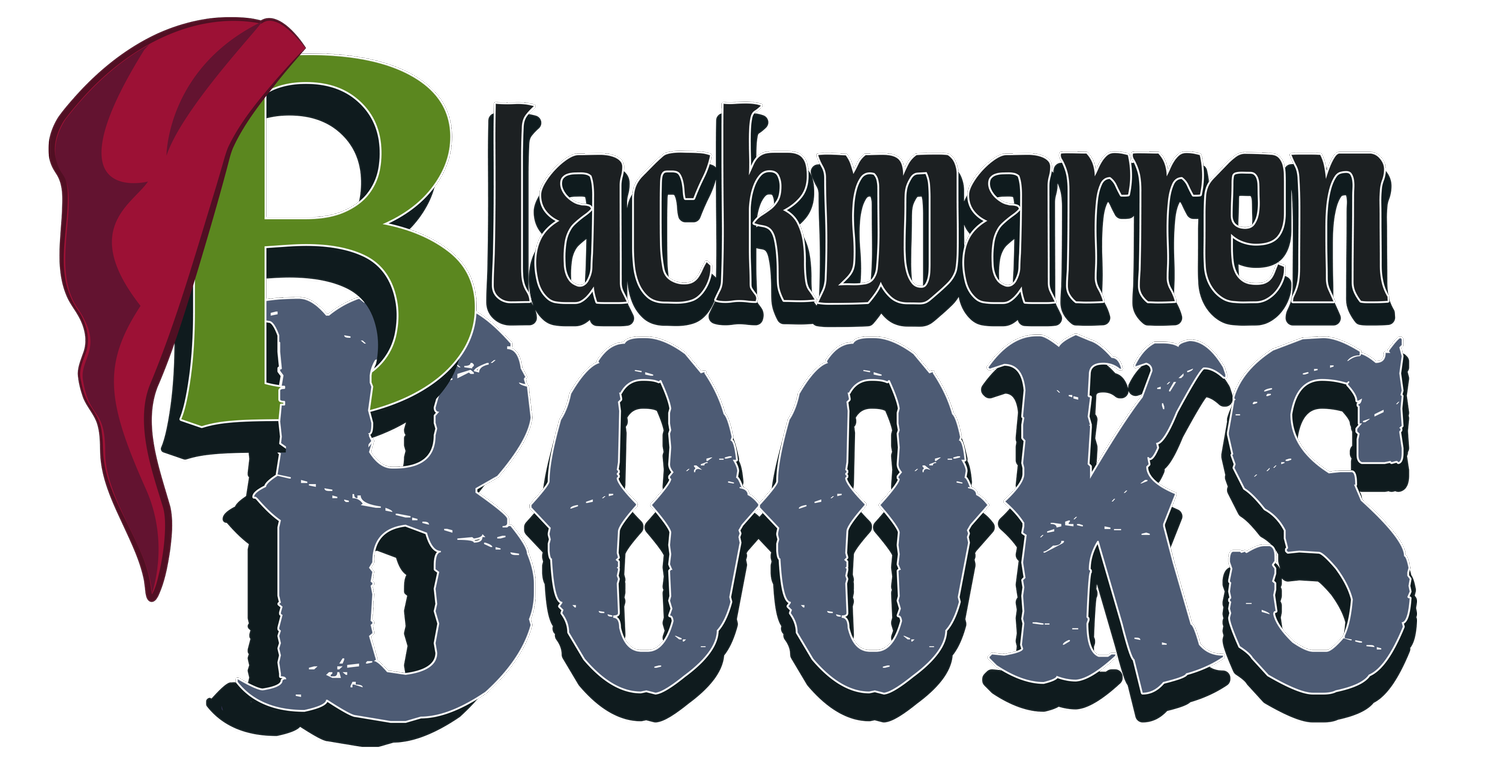What I Learned From Writing My First Novel
Writing a full-length novel is a trial by fire. Here’s what Blackwarren Senior Editor David M. DeMar learned during the process.
I’m a writer by trade. Since around 2010 I’ve quite literally earned a living by offering writing and editing services to clients from around the world. In that time I’ve created countless pieces of content ranging from custom fiction to blog articles and much, much more. I’ve even been published - repeatedly - in several short story fiction anthologies. Yet even with more than a decade of experience under my belt, writing my first novel nearly ended me.
Writing a Novel Is A Marathon, Not a Sprint
Nothing really prepared me for working, and completing, a full-length novel. Creating a cohesive narrative from start to finish is Creative Writing 101, but crafting a story that progresses from beginning to middle to end over the course of 10,000 words (the length of a typical short story) is nothing compared to the journey you go on when you’re writing something that’s anywhere between 5 to 10 times that length.
Yes, you’re using the same skills and techniques that you would with a much shorter narrative, but when you could easily finish writing a short story in a few days and then spend a week or so in editing and revising, the same simply can’t be said for a novel-length narrative. The process is grueling. It takes discipline and continuous, consistent effort over months, and that’s just to get your first draft done. And then, even after you get to the point where you “finish” your manuscript, the next steps are even more arduous.
The Seemingly Endless Revision Process
So you’ve gotten to a point where you think you’ve finished the story you’re telling! Congratulations. But it’s not time to sit back on your laurels - you’ve got to start revising the story to get it in the best shape it can be. Thankfully, revisions are a team effort between the author and your editing team. There’s a good reason for this; sure, you could re-read, revise, and edit your own work without the input of a second (or third) pair of eyes, but you’d be doing yourself a disservice.
The reasoning behind this is deceptively simple. When you’ve been spending quite literally months of your life working on a long-form narrative like a novel, you simply lack the perspective to revise it effectively. You’ve written every single word in your manuscript - it becomes a blur to you after a while. It becomes all too easy to overlook inconsistencies or mistakes that you’ve made, simply because you’ve been staring at the same document. A good editor (and thank the gods I have two very, very good editors) can point out every single instance that doesn’t look right. At that point, you get your manuscript back, riddled with red pen; 9 times out of 10, you’re likely to agree with what your editor flagged so you can fix it.
But Wait, There’s More!
Once you’ve written your manuscript, gotten it back from your editors, and revised it a few times (you didn’t think you’d get away with just one revision cycle, did you?), you would think that your job is practically over. Now it’s just time to wait for your publisher to set a street date so you can rake in all those sweet, sweet sales royalties, right? Nope. There’s still so much to do before you’re free of this millstone that’s been hanging around your neck.
You’ll need to talk to the publisher to devise cover art for your novel, for one. Blackwarren’s Art Director, Ivy Beth Gladstone, is incredibly talented and was instrumental in helping bring what I had in my head for cover art into reality. Likewise, there are dozens of other tasks to handle. You’ve got to find beta readers to solicit their feedback so you can finish any last-minute edits, source reviewers to send advance reader copies to, and participate fully in the marketing plan for the novel. All the while trying to quiet that voice in the back of your head that’s telling you that you’re a terrible writer, your novel is garbage, and nobody’s going to buy it.
The Last Few Days
Finally, your novel’s street date approaches. You’re in a constant state of anxiety. Did the master file get proofed properly? Are your acknowledgments and author bio up to snuff? What about your back-of-book synopsis? Everything’s riding on this, so you better be sure that everything’s in place before books finally start getting printed and sent out.
And that’s where we are now. If I was a younger man, my diet would consist exclusively of black coffee and clove cigarettes. Instead, it’s antacid pills and YouTube rabbit holes. I can’t tell you which is worse for your health. I’ll let you know in a week or so. Until then, I’ve got to start thinking about my next project for Blackwarren. No rest for the wicked, after all!
Dave’s first full-length novel, Certified Gold: On the Air, goes on sale on Blackwarren Books and Amazon this Friday, September 1st.

